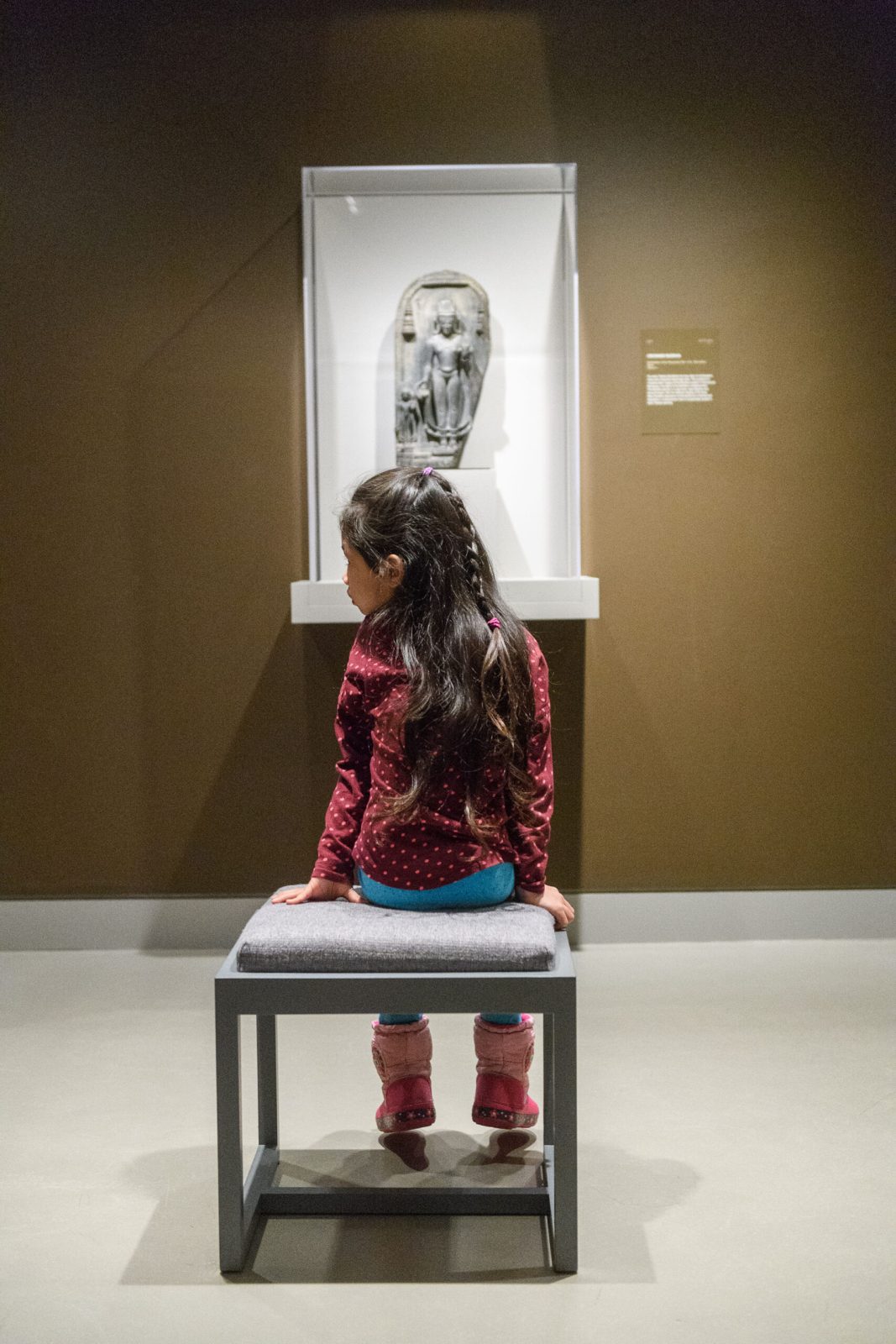


Just as a plant needs pruning to grow, a child needs healthy boundaries to blossom into a beautiful adult. But how much is too much or too little? How could we set those boundaries mindfully? Good questions, but first we need to take a step back and change the way we look at disciplining. Discipline is the act of training our children and ourselves to stay within our healthy boundaries. If we start thinking of disciplining as a learning experience rather than punishment, growth starts to take place.
It is way easier to be mindful while things are calm than when your child is misbehaving and pushing your buttons. But once you start seeing this crisis as an opportunity for you to put your mindfulness skills to practical use, it becomes slightly easier. At the end, you come out learning something about yourself and modeling a behavior that you expect from your child—a win-win scenario, right? Here are five tips to get you started.
Being alert to and noticing the present moment event—even when that moment involves the unpleasantness of your child’s meltdown—is the fundamental essence of being mindful. Once you identify the situation that calls for disciplining, tune into the physical sensation of your breath and empty your mind of thoughts. Remember, addressing the issue while it is still relevant serves as a meaningful lesson.
Then you realize that it’s more than a power struggle. Tantrums or bad behavior are often how our children learn to establish their position in social conflicts and learn to stretch the boundaries. Also, note that routine bad behavior such as stealing, lying, and so on could actually be a cry for more emotional closeness to the parent(s).
Conflicts often bring out our defenses and our ego starts rearing its ugly head. Notice the “little me” ego arising—for example, the “I will show you who’s the boss” feeling. It is normal for the ego to come up as a defense mechanism, and can you step away from it? The moment you detach yourself from the ego, your response to the child’s misbehavior becomes less charged by emotion. Once that happens, your subsequent disciplining becomes a palatable lesson rather than a power struggle.
It is perfectly okay for your child to occasionally misbehave—even in public (remember the developmental reason). If someone else witnesses this, so be it—you have nothing to prove to them. Remember that boundary setting is a negotiation. Like any negotiation, this may not result in the “perfect” outcome that you have in your mind—be okay with that. Once you make your point at the first opening you find in your child’s ability to listen, practice letting go of your own expectations.
A family is a social unit consisting of several people of varying expectations, personalities, and maybe even backgrounds (between you and your partner). So discuss with your partner the five to ten family rules that you both believe are absolutely essential for your children. Only two or three of these could be the “serious” rules because they involve the health and well-being of your children. The rest could be “soft” rules. Agree on the consequences of overstepping the serious rules. To reiterate, the consequences are not about punishment but about safety and learning boundaries. An example of a consequence could be using a quiet area for your child to calm down. Once you have the rules and consequences figured out, while things are calm, explain them to your children in a fun way—so they listen.
Remember that we all have our moments. Self-love and forgiveness are the first steps for us parents, if we want to forgive our kids’ slip-ups.

Ayman Mukerji Househam is a former Wall Street executive, longtime meditator and yogi, and researcher of mindfulness physiology who teaches mindfulness to families, corporations, and individuals. A clinical social worker, Ayman combines Eastern meditation with Western therapeutic techniques, and she is an active speaker on this topic. She authored a book on neural findings in the autism spectrum disorder, and her scientific publications and TEDx talk unravel how mindfulness practice changes our immune system, gut, and even our genes.
Get the latest news and stories from the Rubin, plus occasional information on how to support our work.